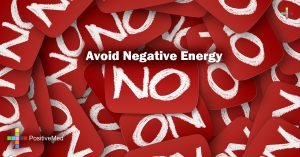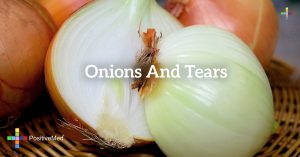
8 Reasons to Never Throw Out Fruit and Veggie Peels Ever Again
Vegetable and fruit peels make up the highest percentage of wastes in the bins that are used for kitchen garbage. Many people are not yet knowledgeable in the proper means of recycling and reusing the peels. Many peels are useful for the household sanitary purposes. Here is a list of some of the uses of fruits and vegetable peels:

1. Source of useful phytochemicals
Many edible peels are used to fight cancer and other degenerative diseases because most nutrients and beneficial compounds in fruits or vegetables are found in the skin. An Apple skin has many phytochemicals and other valuable substances.
2. Skincare and cleaning purposes
Peels are great for skin whitening, cleaning, and scrubbing. Lemon peel, papaya peel, apple peel, banana peel, and pomegranate peel can be made into body scrubs and facial masks that provide a natural glowing effect on the skin. The fleshy part of an avocado peel can be rubbed on the face as a rich moisturizer. Grapefruit peels can also be rubbed on the face, while avoiding the eyes, as a skin tonic.
3. Odor-free house
The peels are used to maintain a clean and odor-free house without using any chemical. Citrus fruits are effective in reducing odor because they have antimicrobial properties that help control the growth of bacteria that causes a bad smell.
RELATED ARTICLE: 13 Surprising Uses For Orange Peels & Banana Peels
4. Preventing sugar lumping
An orange peel, when placed in a container containing brown or white sugar, can keep sugar from lumping. Orange peels are also used as insect repellents by rubbing them on the skin. Cucumbers contain alkaloids that act as a repellent to insects.
5. Sparkle in silverware
Potato peels, when they are soaked in a container that has cold water for several hours, can significantly assist in bringing back the sparkle of cutlery and silverware. Calamansi also contains citric acid that helps in the removal of rust from the silverware. Tomatoes and apple peels are used for filtering water. Toxins that are found in tap water usually stick to the peels because they are highly absorbent.
6. Vegetable stock
Peels from carrots, potatoes, onions and carrots can be put into a pot of boiling water with herbs to create a vegetable stock. The liquid can then be used to make soup or added to risotto. Peels from carrots, potatoes and parsnips can be turned into fritters by swapping the grated vegetable for the peels.
7. Toppings for cakes
Lemons, oranges, and most citrus fruits can make stimulating toppings for cakes and other baked products. Citrus peels can be added to potatoes when roasting to get a refreshing taste. Potatoes and apple peels can be made into a crunchy and a delicious snack by dipping them in oil and then putting them in an oven for a short duration.
8. Dye
Pomegranate peels are effective when they are used to color fabric. Grapefruits can be used to make zest or twists. After scrapping the bean from a fresh vanilla, the pod is added to make vanilla-infused sugar.





